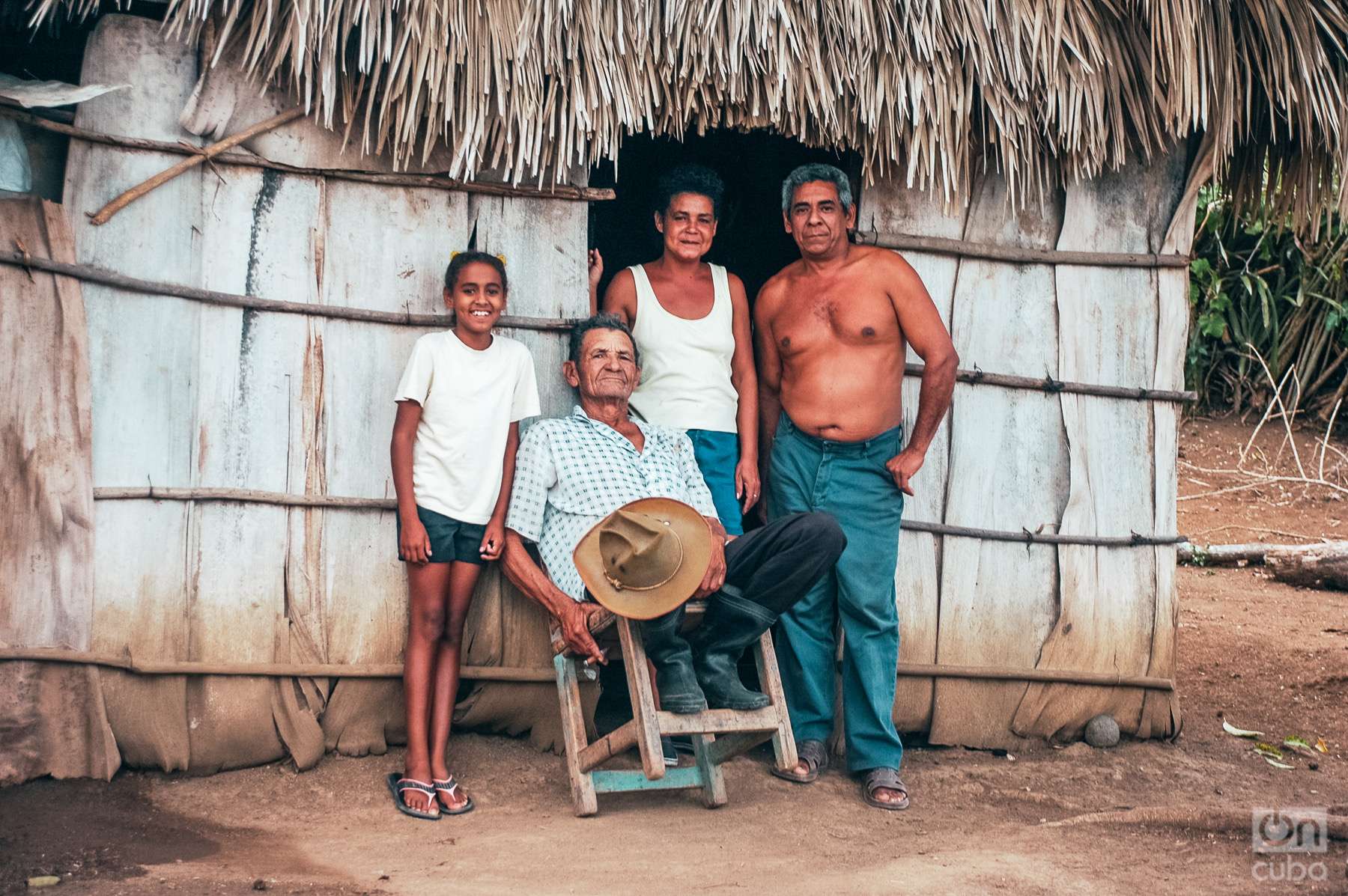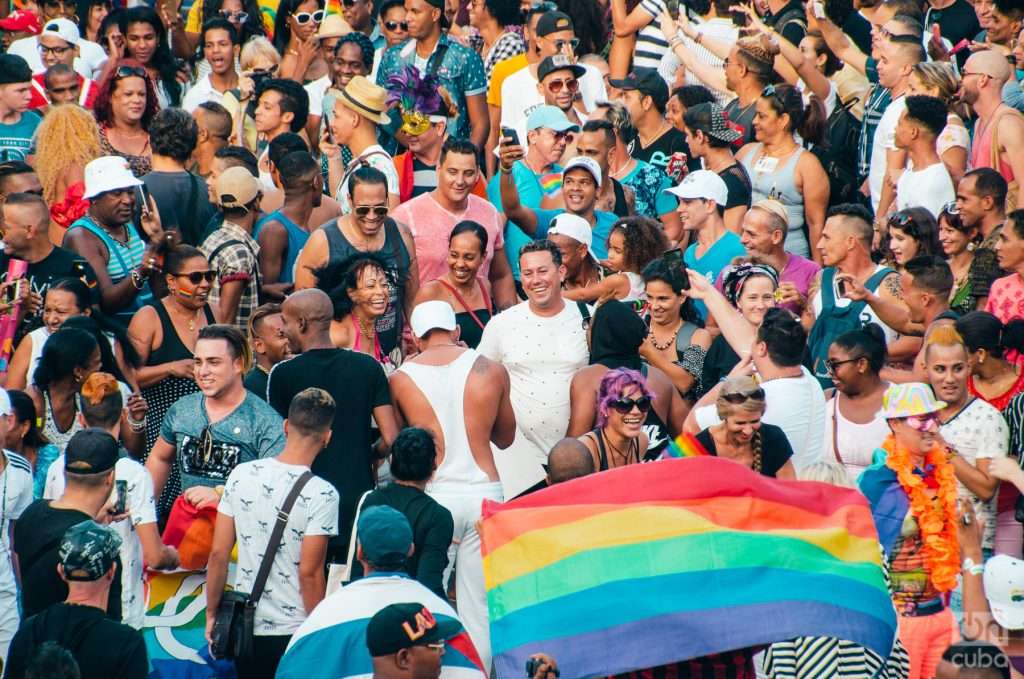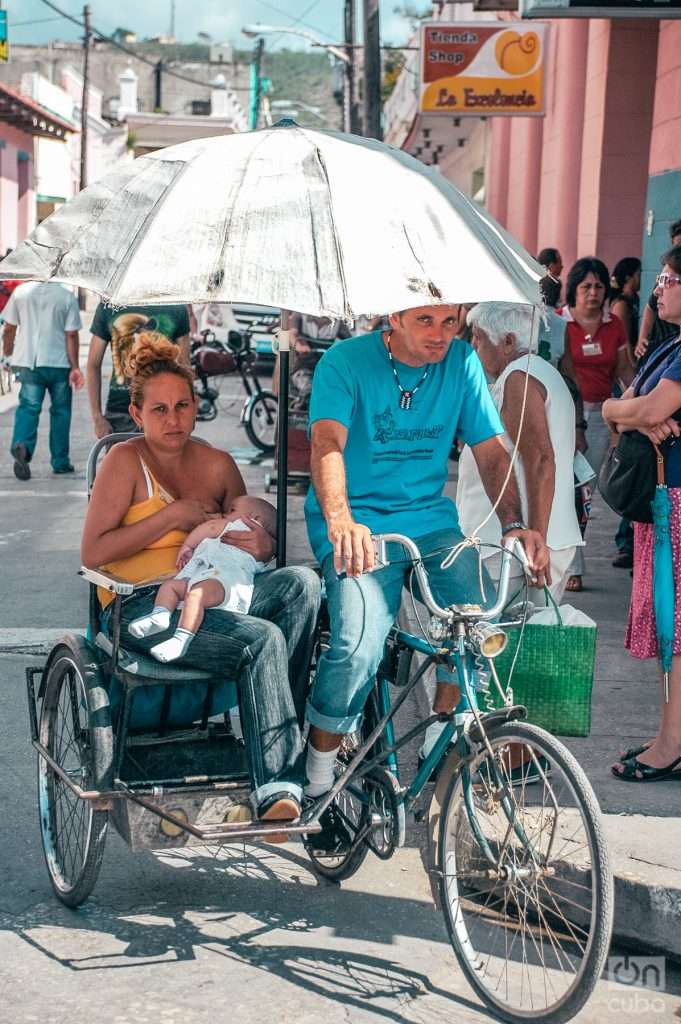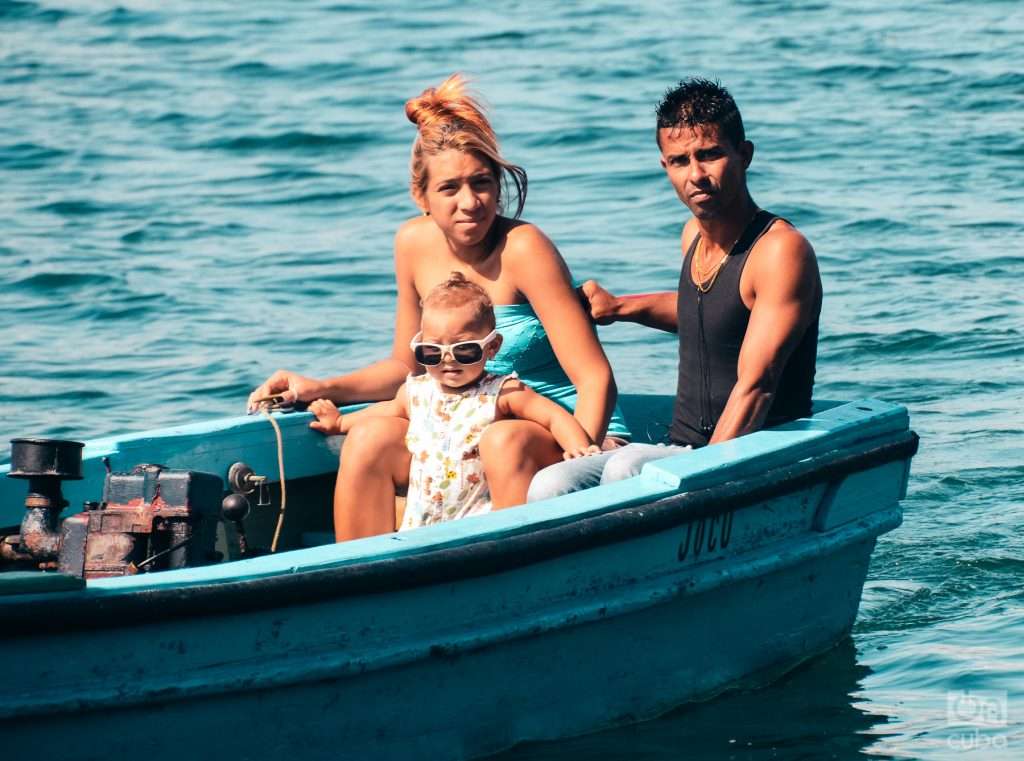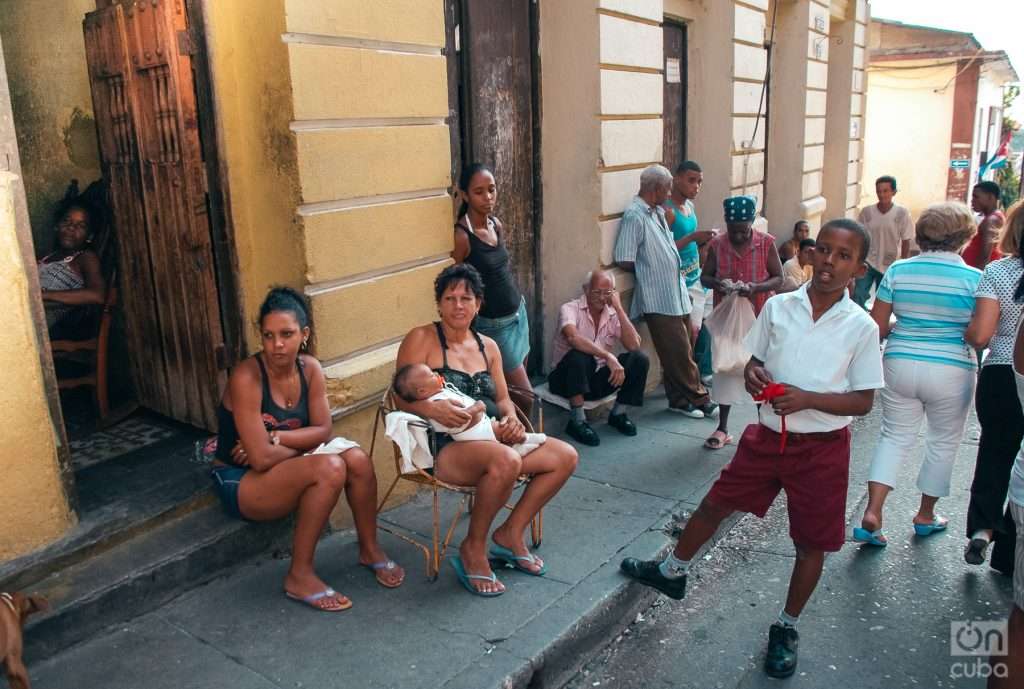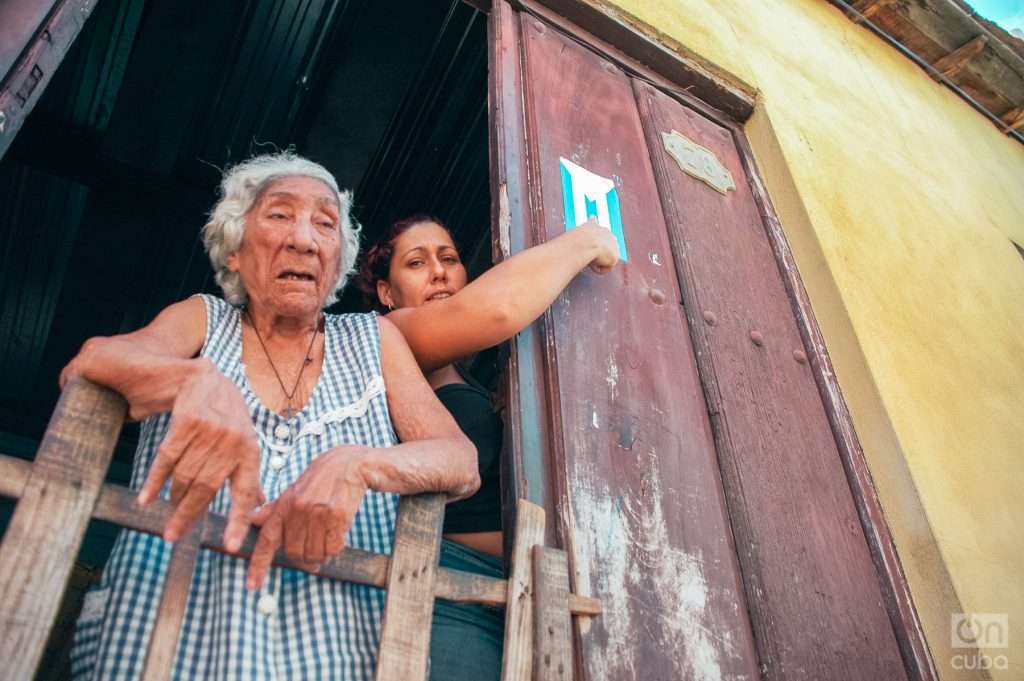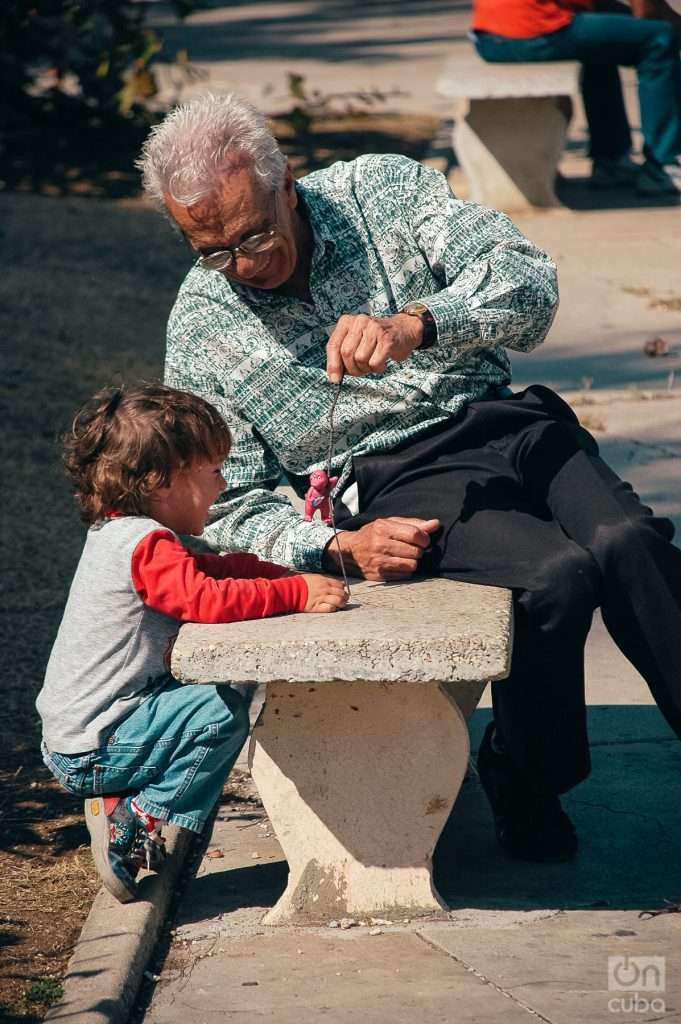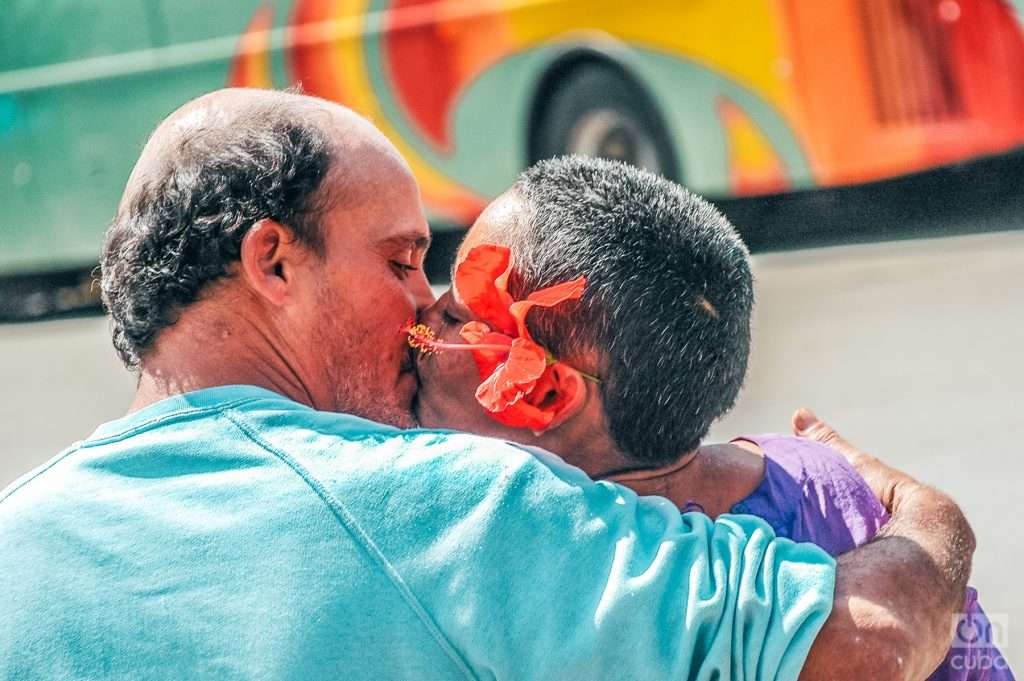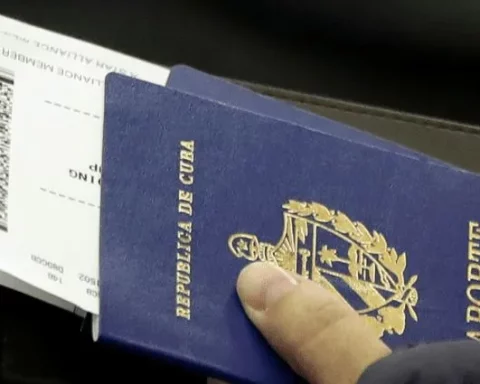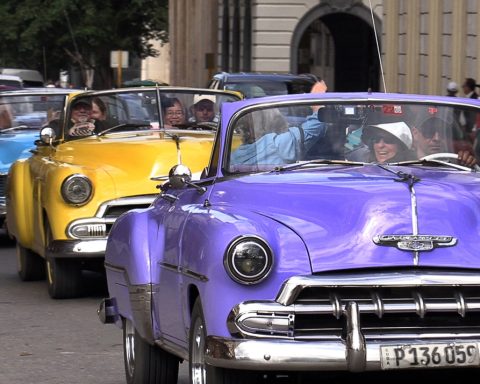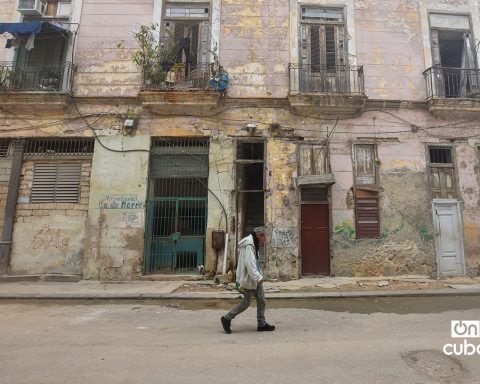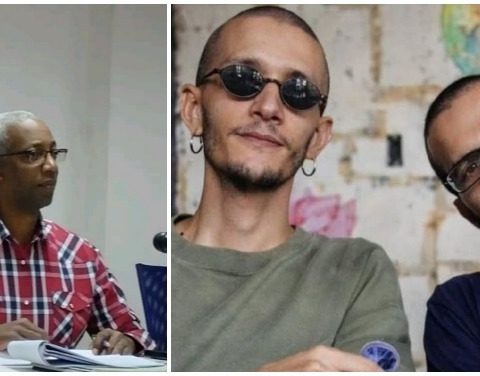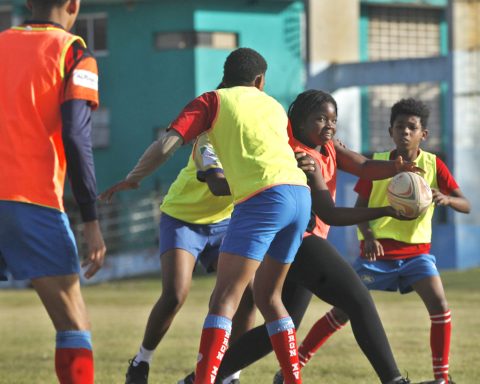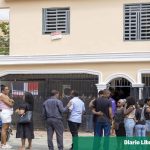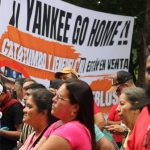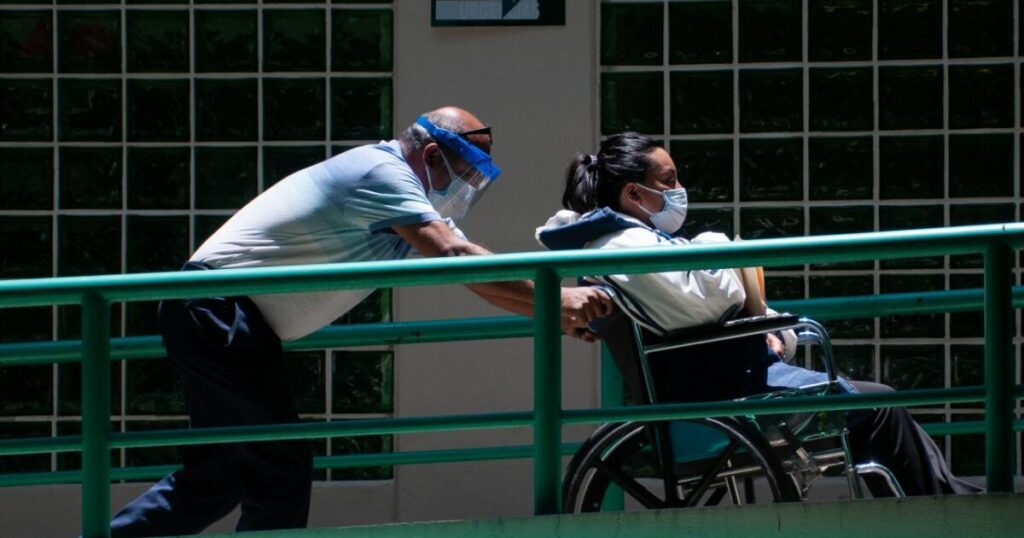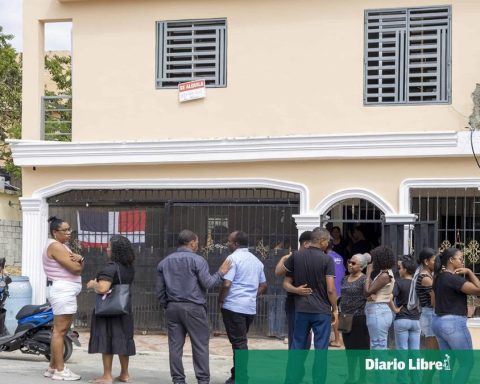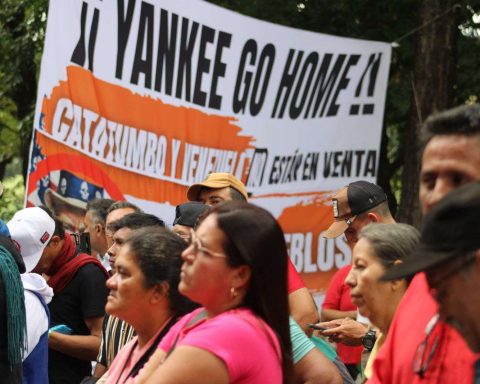There are only a few hours left to open the popular referendum on the draft families code in Cuba. The topic has been a hot topic inside and outside the Island since the very moment the draft was available, in September 2021. (This debate has its roots, even in 2019, with the disappeared and infamous Article 68 of the then draft Constitution that sought to modify the concept of marriage in force since 1975).
The point is that this Sunday Cuban men and women will have a historic opportunity.
The choice is simple. It is decided between incorporating into our lives important rights that have been postponed for a long time or keeping us submerged in an obsolete and ancient Code that has existed for almost half a century.
From any reading of the document, the new rights that you want to guarantee are obvious. In the same way, it can be noted that each Article is the result of an inclusive society and family, which become urgent, as never before. It is an unavoidable reflection, with its pros and cons, of the beautiful diversity in which we live together.
Being 7,000 kilometers from Cuba for more than a decade and, therefore, now being part of that figure of more than a million Cuban citizens residing abroad who will not be on the island on voting day, does not walked away from the discussion. Quite the contrary. What’s more, I felt the responsibility of military the YES in as much space as I had the opportunity. In this time of intense exchanges of ideas and discussion around the new Family Code, after studying it, I launched into displaying arguments in favor of countless posts on social networks (from the most heartfelt and argumentative to the most delusional and surreal ). Also in WhatsApp groups that I share with friends and family.
“Every day that passes I feel nostalgia for the family. How many times have I not repeated it?” José Lezama Lima writes to Eloísa, his younger sister, in one of those letters that are part of an intense epistolary exchange that began in 1961, when she left for the United States. The back and forth meaning of these letters lasted nearly 15 years, until shortly before the death of the author of paradisein 1976, and they never met again.
Lezama’s anguish is a bit mine. Perhaps, among other reasons, that is why every point of the new Family Code is crucial to me. Even that Article that I think does not touch me personally. And it is that I think and feel from the collective, not from the individual. All of us are covered by this Code.
Impossible, then, that what is going to be voted on tomorrow does not cross me because, simply, those rights (which in my humble opinion should never have been plebiscitated) are also mine thousands of kilometers away. They are ours and our daughters and sons. They are from the diverse Cuba that goes in the soul of every Cuban and Cuban wherever they are.
